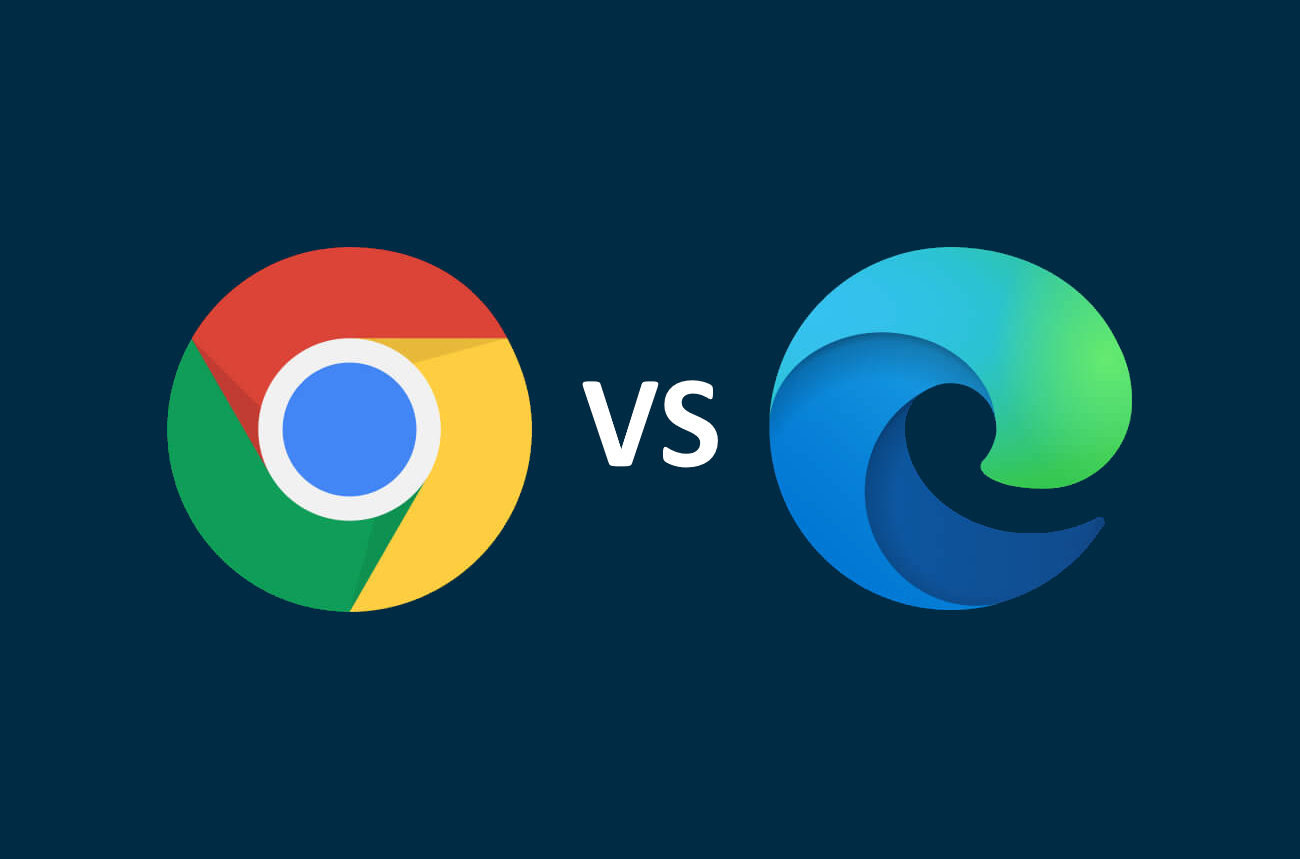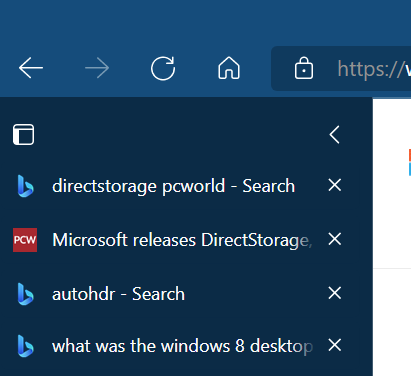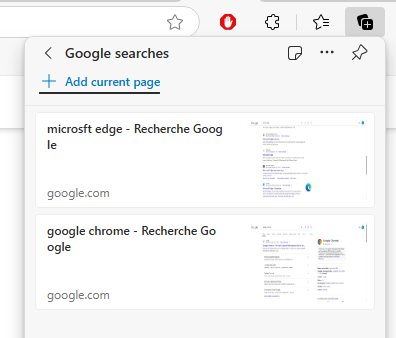How to Remove Autofill Email Address in Google Chrome?
Having been a troubleshooter of browser settings for many years, I ...

Since I have been using both Microsoft Edge and Google Chrome quite a bit in a number of professional and personal activities, I understand how crucial the choice of a browser is. While both browsers use Chromium open-source engine as their base, each has a set of specific and unique features and experiences. This ‘Microsoft Edge vs Chrome’ comparison will help you reach a decision on which of these two is better in regard to speed, security, customization, or functionalities.
First launched in 2008, Google Chrome achieved global leadership in record time. With its broad range of extensions available and cross-functionality with other Google services, Chrome is ideal for both personal and professional use.
In 2020, when Microsoft Edge took a turn toward the Chromium engine, it turned the browser into an altogether different beast. Coming integrated with all Windows devices, this is a strong player in the “Microsoft Edge vs Chrome” battle, with its vertical tabs, immersive reading mode, and improved security.
Both browsers are fast, but Edge can beat Chrome on most occasions since it runs on Windows devices. On account of optimization for Windows, Microsoft Edge is going to load things a bit faster and will be performing in a smoother fashion, especially on greater resources systems.
Equally, one of the biggest disadvantages associated with Chrome is the high consumption of memory. If you tend to work with a lot of tabs, then Chrome will surely eat up quite a lot of your system resources hence making your computer slower. However, when it comes to memory management, Edge has done a far better job, making it perfect for systems that have low capabilities.




Advanced security features in Edge include the Microsoft Defender SmartScreen, which does an excellent job of detecting malware sites and downloads. Security is enhanced by an InPrivate mode for private browsing and some tracking prevention options to limit third-party trackers.
Chrome itself boasts frequent security updates and advanced protection against phishing. Its Incognito mode keeps things private, though it doesn’t block trackers quite as well as Edge’s tracking prevention features.
Microsoft Edge is very tightly intertwined with Windows, Office 365, and other services that Microsoft has to offer. In this respect, it does make for an excellent choice for users who are deeply integrated into the Microsoft ecosystem.
As the market leader, Chrome promises the best compatibility with websites, extensions, and applications. In fact, developers often optimize websites for Chrome first, meaning it performs flawlessly.
Because I heavily worked with both browsers both for work and personal use, I would say that neither of them are absolutely perfect. I usually use Microsoft Edge during work research, as it has proved to be very helpful in that degree, especially with the Collections feature, but when it came to accessing my Google Workspace files and tools, Chrome’s integration was unbeatable.
That said, I did find out that my laptop ran noticeably in a smoother and quicker fashion when using Edge over Chrome, especially when multitasking with a number of tabs open. That’s a small but important advantage if you spend a good chuck of your time online.
You can customize your browsing experience with themes in Edge to adjust display settings and features, such as vertical tabs. Then there’s immersive reader mode for distraction-free reading.
For Chrome, much of its customization lies in the extensions for it. With the large library provided in the Chrome Web Store, you can customize Chrome for almost any purpose-from productivity to gaming.
Both are available on Android and iOS; both allow syncing of bookmarks, passwords, and browsing history across platforms. Chrome has a more established base of users on mobile partly because it is so much older, but Edge has managed to catch up due in part to the QR code- canning feature and built-in security tools.
Pros:
Cons:
Pros:
Cons:
1. Which browser is faster: Microsoft Edge or Chrome?
Technically, Edge stands a better chance than Chrome because it deeply affiliates with the operating system, and more so in a Windows device.
2. Which Browser Is More Memory-Friendly Between Microsoft Edge and Chrome?
Microsoft Edge uses less memory compared to Chrome, so it is better for resource-constrained devices.
3. Is Microsoft Edge Good for Gamers?
Yes, there are features included with Edge, such as reduced resource consumption and integration with Xbox services, which may be useful to gamers.
4. Are the extensions of Chrome better than in Edge?
Chrome has a more extensive library, though Edge supports most of those since both are powered by the same engine, commonly referred to as Chromium.
5. Is Edge safer than Google Chrome?
Yes, the Edge is more secure in several ways. First of all, it does have some extra security features available through Microsoft Defender SmartScreen, among other things, including better tracking prevention.
6. How capable are the browsers in syncing data across several types of devices?
Indeed, they both provide the syncing option across various devices for bookmarks, history, and passwords. And both are as efficient as the other.
8. Can they be used simultaneously?
Yes, both browsers can be used on the same device at the same time.
In the end, when it comes to the “Microsoft Edge vs Chrome” debate, it all comes down to what the user needs. If speed, efficiency, and deep integration with Microsoft services mean more to you, then it is in those areas that Edge would be better. Otherwise, if your need to centralize the functionalities and apps of the Google Workspace with its vast variety of extensions and customization, it would be hard to beat Chrome.
For Windows users, Microsoft Edge is a good competitor mainly in performance and security. As for maximum compatibility and tight integration with the Google ecosystem, though, Chrome remains flexible and highly reliable.
Leave A Reply